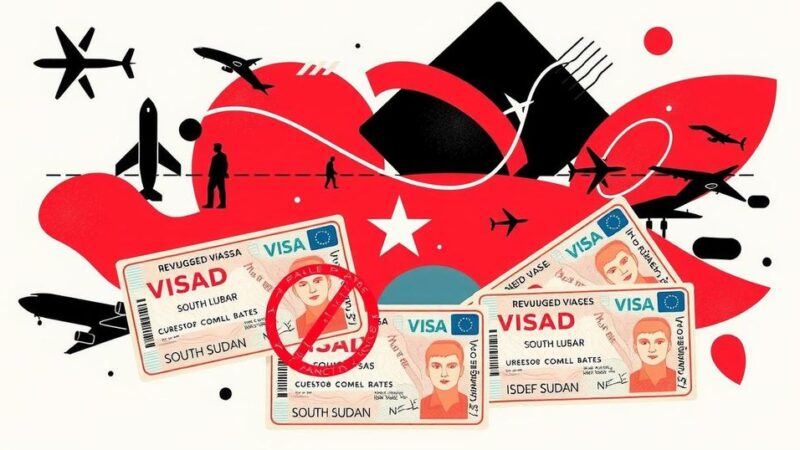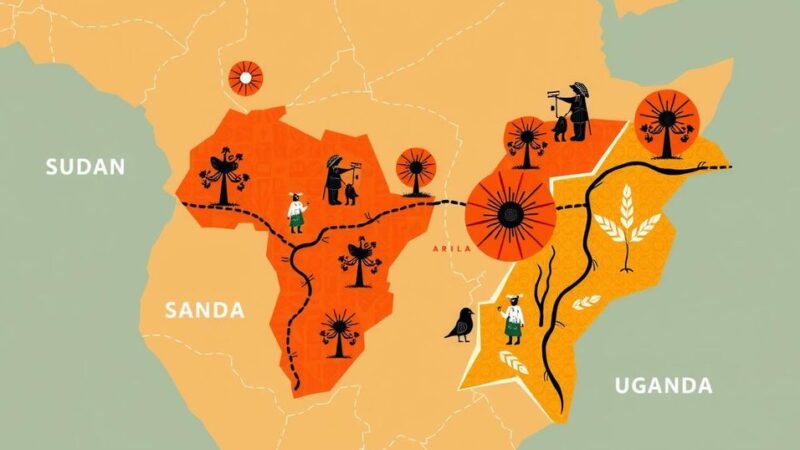A recent agreement proposes the integration of a U.S.-backed Kurdish force into Syria’s National Army, promising unity and respect for Kurdish rights. Despite celebrations over this agreement, many Kurds feel uncertain due to the vague constitutional protections and the shifting power dynamics within Syria. The involvement of Turkey and the complexities surrounding U.S. support further complicate the situation for the Kurdish community.
The recent agreement to incorporate a U.S.-supported Kurdish force into Syria’s National Army aims to foster unity and peace, particularly for the historically marginalized Kurdish community. Interim President Ahmad al-Sharaa’s government received a significant boost following their confrontation with remnants of the Assad regime, leading to a tragic loss of life between 800 to 1,500 Syrians, primarily from the Alawite community. This situation raises questions regarding sectarianism and national integrity.
Signed on March 10, the agreement provides a framework for the Syrian Democratic Forces (SDF) to integrate with state institutions by year-end under a unified flag. This elicited celebrations across Syria, albeit concerns linger over the interim constitution’s vague assurance of minority rights and its designation of Arabic as the sole official language. The Kurdish community, which constitutes roughly 10% of Syria’s population, finds itself excluded from explicit protections in this new constitutional framework.
The SDF’s political body, the Syrian Democratic Council, has openly rejected the draft constitution, characterizing it as an authoritarian measure that curtails political engagement. Despite Mr. Sharaa’s ambitions to disband various armed factions, the modalities of SDF’s integration into the national army remain unclear. Veteran journalist Ibrahim Hamidi, who has analyzed this situation, comments on the symbolic nature of the agreement but emphasizes that it does not resolve the deeper Arab-Kurd divide.
Historically, the SDF has significantly outnumbered regime-aligned militias, however, this balance is shifting as the Syrian government has ramped up recruitment. The future of U.S. support for the SDF, pivotal in combating the Islamic State, remains uncertain, especially as U.S. military strategy appears to be evolving.
Complicating matters, Turkey perceives the SDF through the lens of its conflict with the PKK, further straining the situation. Kurdish voices affirm the necessity for American involvement to mediate between expectations of the SDF and the Syrian government.
Amidst discussions of relinquishing arms, concerns abound regarding the safety of Kurds in Syria. Observers caution that the new agreement, despite being a significant step, presents challenges that could necessitate the SDF to retain its military capacity to ensure community protection against various actors that might threaten Kurdish safety within this evolving political landscape.
In conclusion, while the integration of Kurdish forces into the Syrian National Army presents a pivotal opportunity for Syrian unity and minority rights, critical challenges remain. The unclear political framework, coupled with potential threats from both Kurdish dissidents and external influences such as Turkey, cast a shadow over the future inclusivity of the new Syrian governance. It will be imperative for stakeholders to navigate these complexities carefully to ensure the protection and recognition of Kurdish rights within the national context of Syria.
Original Source: www.csmonitor.com






